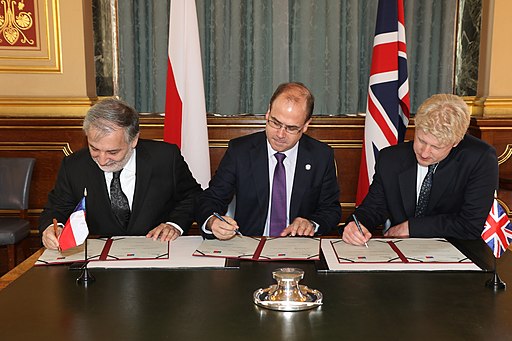When is it appropriate to use MOUs versus contracts? When nonprofits need to put something in writing, they frequently choose to avoid entering into an intimidating legal contract and instead opt for the less threatening MOU.
MOU stands for a memorandum of understanding. Nonprofits tend to view MOUs as a kinder gentler way to document their intentions.
However, a contract is, at its core, an offer by one party to do something, and an acceptance by the other party, and the promise to exchange something of value to seal the deal. Under this definition, the MOUs we see nonprofits create are almost always bare-bones legal contracts.
Even if an MOU is an enforceable contract, MOUs rarely include the level of detail required to resolve misunderstandings when they arise. For this reason, we advise our clients to enter into contracts that fully document their expectations.
A bare-bones agreement may feel less intimidating but it leaves quite a bit to argue about if a party’s expectation is not fulfilled. When considering whether to rely on MOUs versus contracts, a better practice is to create a non-binding MOU to memorialize the key terms of the deal for larger, more complex transactions. The parties can then rely on the MOU as a basis to move forward with the negotiation of a more complete contractual agreement.
Another technique we use to soften nonprofit contracts is to get creative with the titles. For example, to better reflect the less combative nature of nonprofit endeavors, we use titles such as Collaboration Agreement or Affiliation Agreement in place of the Joint Service Agreement or Acquisition Agreement.
Terms of a Contract
To flesh out the terms of a contract consider the parties’ intentions with respect to the following:
- Parties to the Contract. Who needs to be included? Is it a traditional two-party contract or do additional parties need to be obligated?
- Term. How long will the contract last? Should the term be based on the passage of time or the occurrence of a specific event or milestone? Will it renew automatically unless notice to terminate is provided?
- Scope. Why are the parties entering into a contract? What good or service (or the combination of the two) is being provided under the contract?
- Responsibilities of Each Party. What is expected of each party to the contract? The duties of each party should be separately spelled out in sufficient detail to enforce the obligations.
- Termination. Is the contract terminable at will? Is notice required to terminate a contract and if so how much notice is required?
- Confidentiality. Will the parties have access to one another’s confidential information? Do the parties want to keep the terms of the contract confidential?
- Publicity. Do the parties need to agree on press releases or the timing of announcements?
- Covenants. Do the parties require one another to make additional promises to do or not to do something?
- Indemnification. Are the parties promising to indemnify one another if a party to the contract creates liability for the other party?
- Insurance. Are the parties requiring certain coverages or endorsements to be maintained?
- Choice of Law, Jurisdiction, and Venue. For parties in different jurisdictions, what law will govern the interpretation of the contract? Where will any lawsuits be filed? Should alternative dispute resolution such as arbitration or mediation be required?
Nonprofits that use contracts that are clear on the above points will be more likely to avoid disappointment down the road. If the project does go awry, nonprofits with solid contracts will be in a far better position to deal with the other party’s failure to hold up their end of the bargain.
Ellis Carter is a nonprofit lawyer with Caritas Law Group, P.C. Ellis advises nonprofit and socially responsible businesses on corporate, tax, and fundraising regulations. Ellis is licensed to practice in Washington and Arizona and advises nonprofits on federal tax and fundraising regulations nationwide. Ellis also advises donors with regard to major gifts. To schedule a consultation with Ellis, call 602-456-0071 or email us through our contact form.


